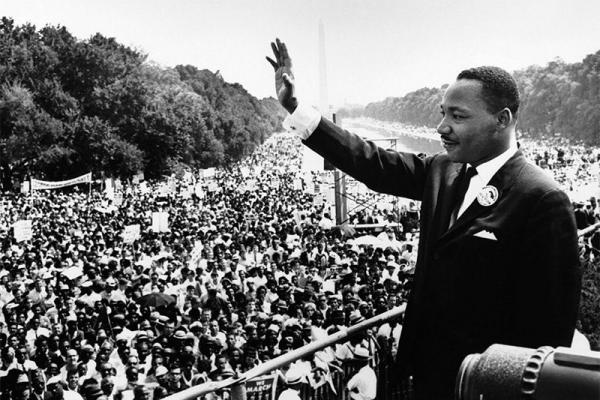Apr 2, 2018
“Since being in India, I am more convinced than ever before that the method of nonviolent resistance is the most potent weapon available to oppressed people in their struggle for justice and human dignity,” King said in a radio address in India.
Read the Full Article

Already a subscriber? Login
